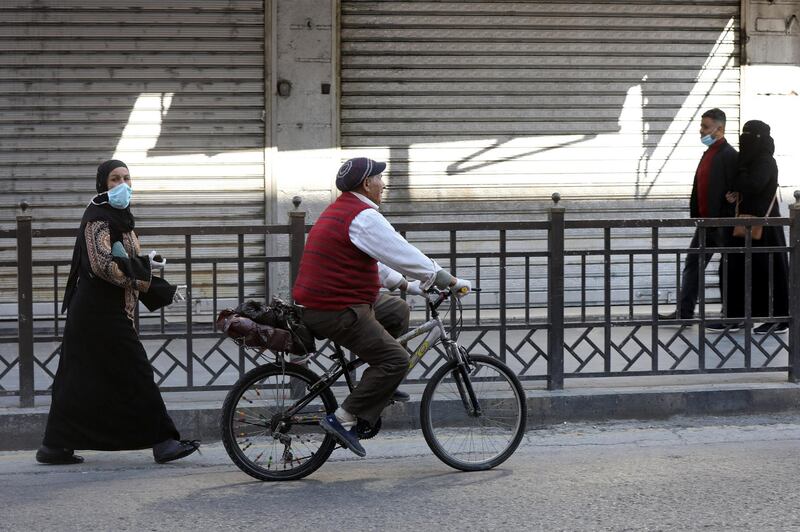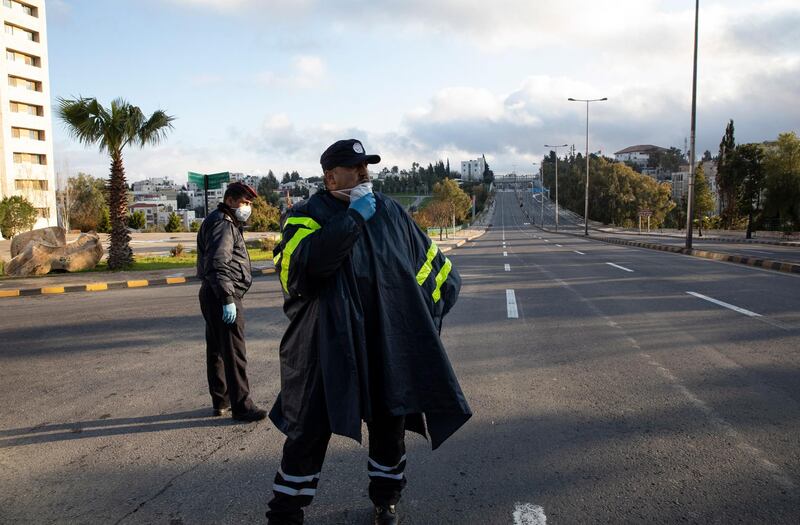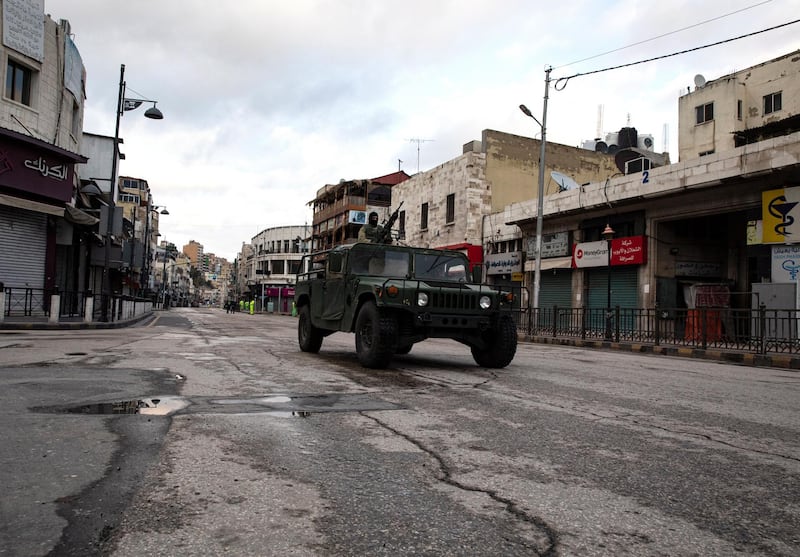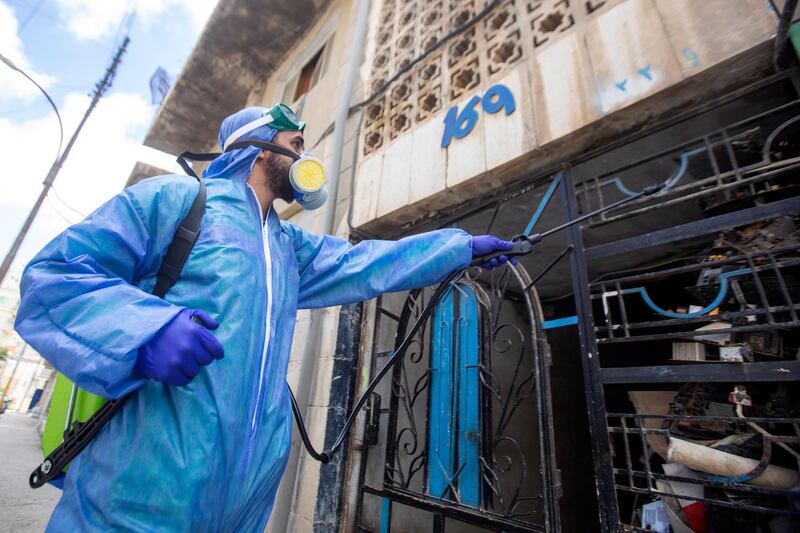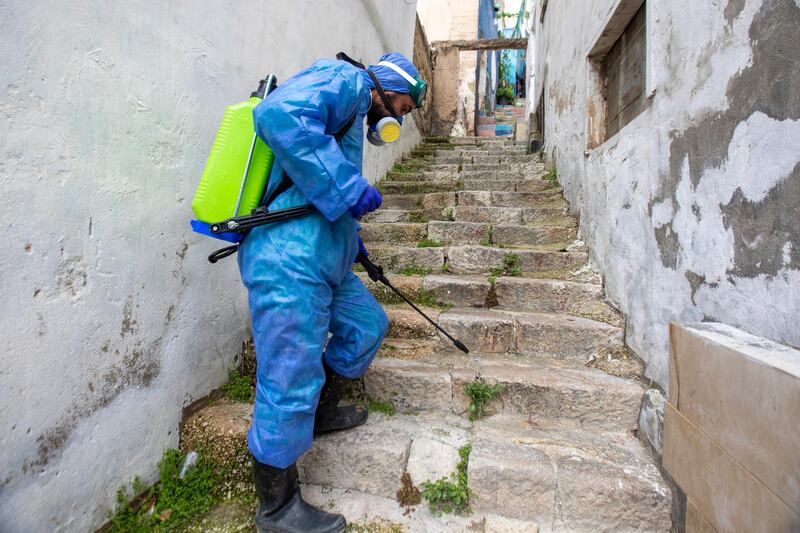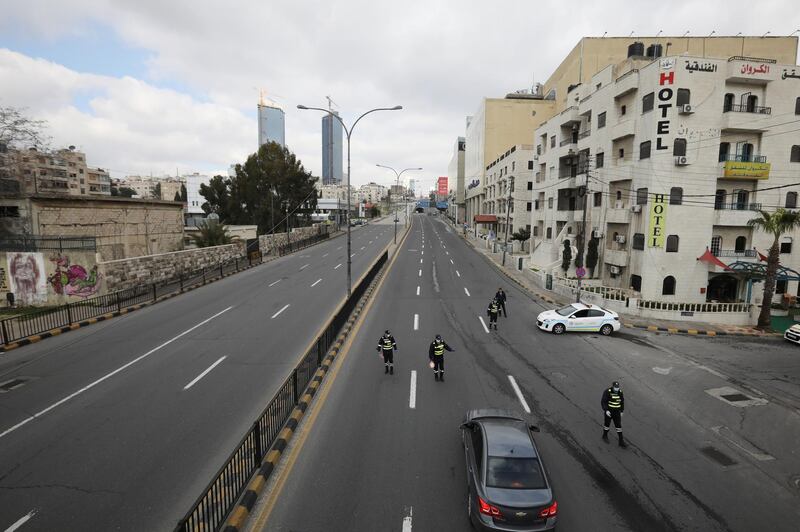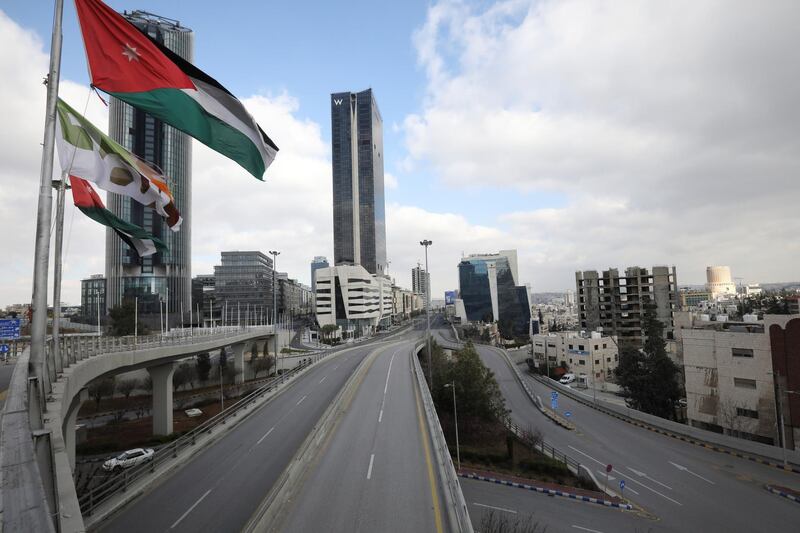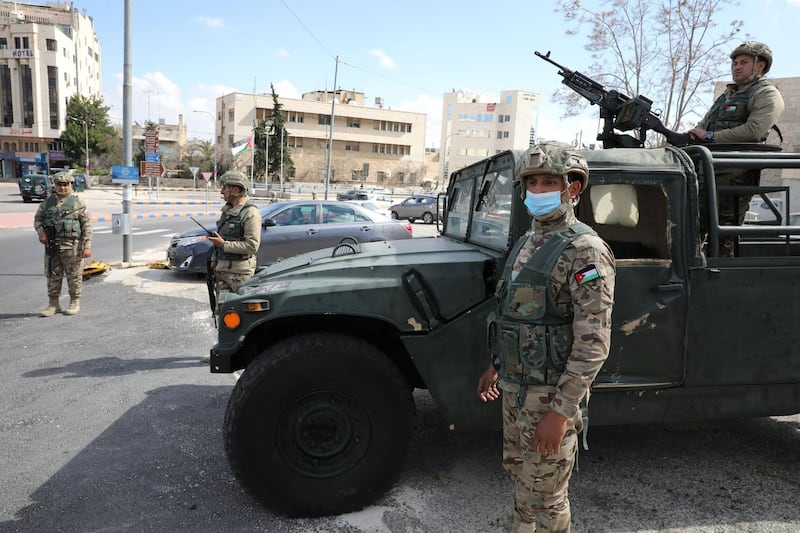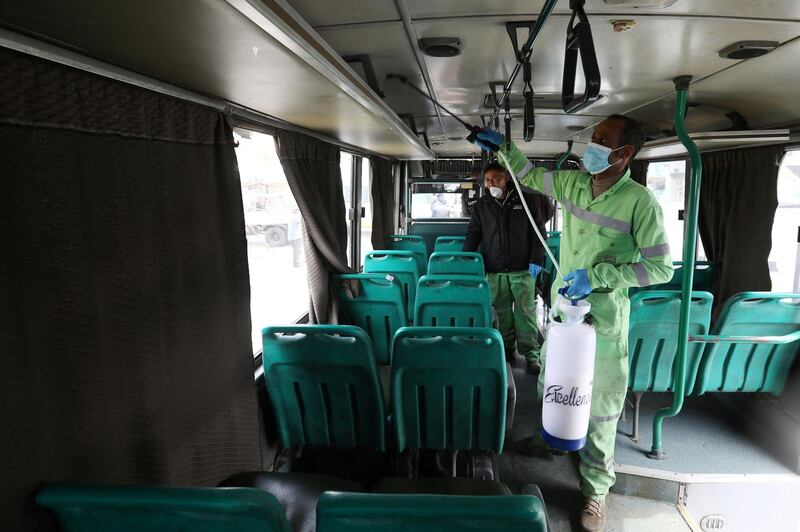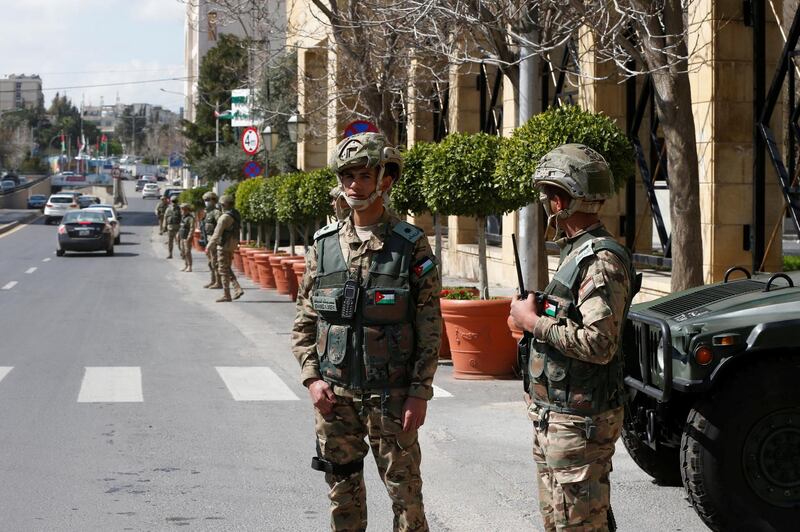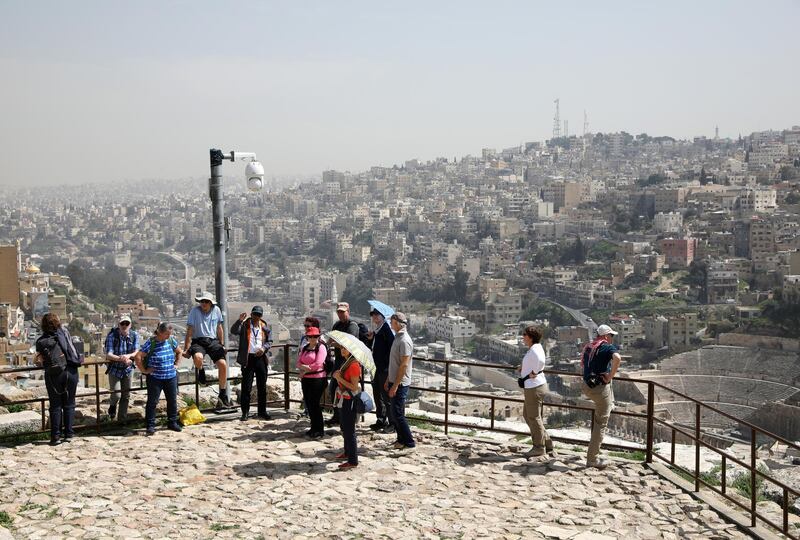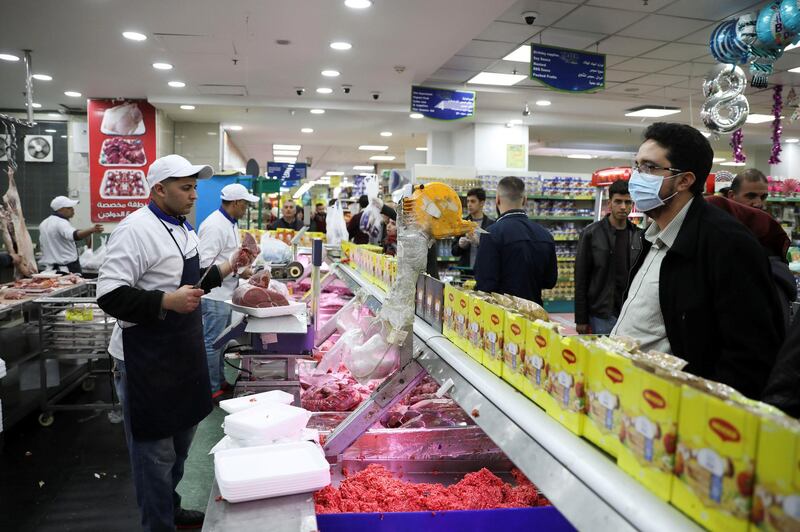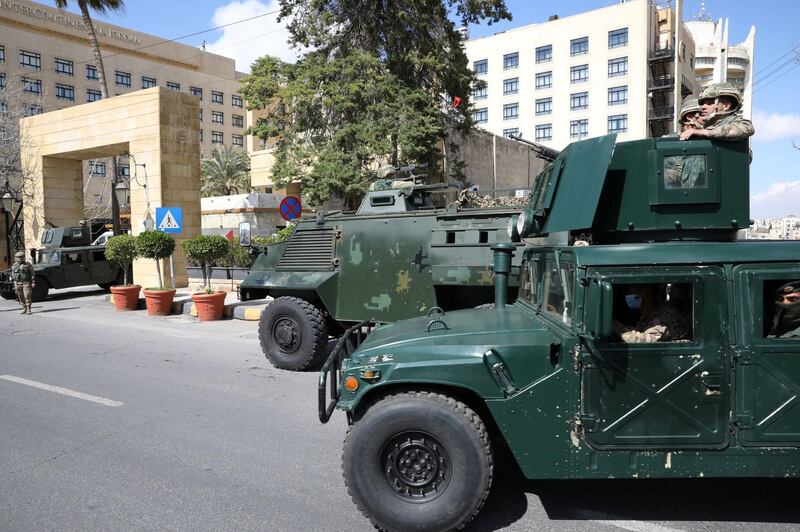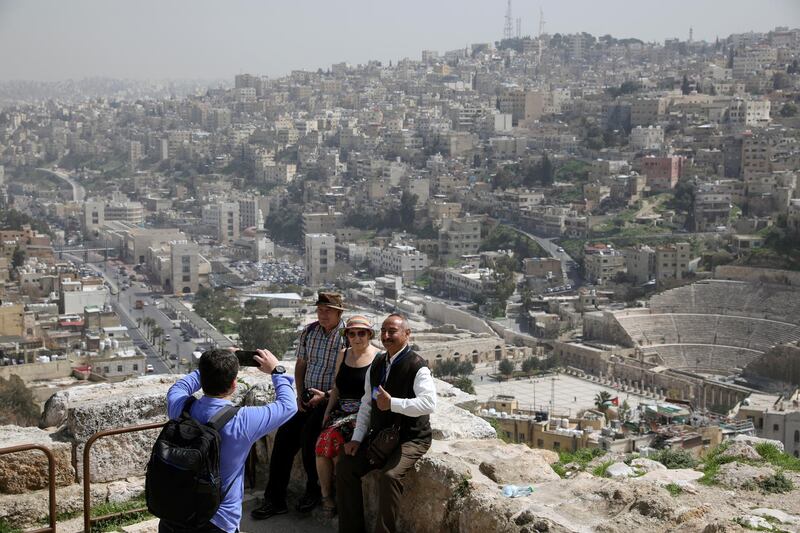Jordan on Sunday extended a month-long lockdown that has closed schools, universities and government agencies until the end of April to stem the spread of coronavirus.
Government spokesperson Amjad Adailah said Prime Minister Omar Razzaz took the decision in light of "developments and recommendations" related to the pandemic.
The country announced on March 20 a nationwide shutdown that closed shops and prohibited the movement of people. It came days after the monarch enacted an emergency law that gave the government sweeping powers that restrict civil and political rights.
Jordan had registered 389 coronavirus cases and seven deaths as of April 12.
The country has been quicker than most in the region to take drastic measures to stem the spread of the virus by imposing a tight lockdown that has brought large sectors of the economy to a standstill.
Ten million inhabitants are confined to their homes, with tens of thousands of army troops and police deployed across the country. Movement has also been banned between governates and the capital. But the government has in recent days begun to allow some export-oriented industries and agro-industries to get back to work in an effort to cushion the negative repercussions on the aid dependant economy.
The crisis, which has severely hit tourism that generates around $5 billion annually, will slash growth projections, economists and officials say, as its deepens an economic downturn and a slowdown in domestic consumption that were evident even before the outbreak.
The army has confiscated dozens of cars that violated the ban on vehicles with drivers facing a year in prison and heavy penalties.
The army also sealed the country's second largest city of Irbid near the Syrian border last week, placing 2 million inhabitants in a tight lockdown. It cordoned off several villages around the city after discovering many coronavirus cases caused by the spread during a mass wedding.
Even government ministers have been confined to their homes, and police detained two deputies who broke the curfew in the toughest moves so far to restrict people's movements.
Twenty-two Muslim worshippers who went to pray in a mosque in the working-class district of Russaifa near Amman, the capital, were arrested for violating a strict ban on public prayers in mosques.
